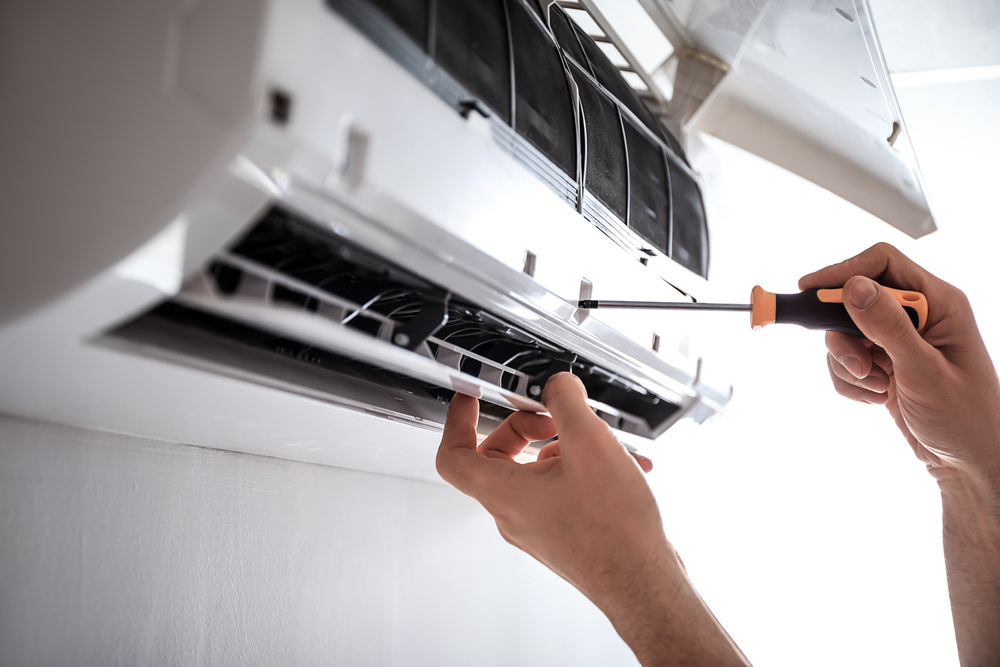Call or Text
801-438-4793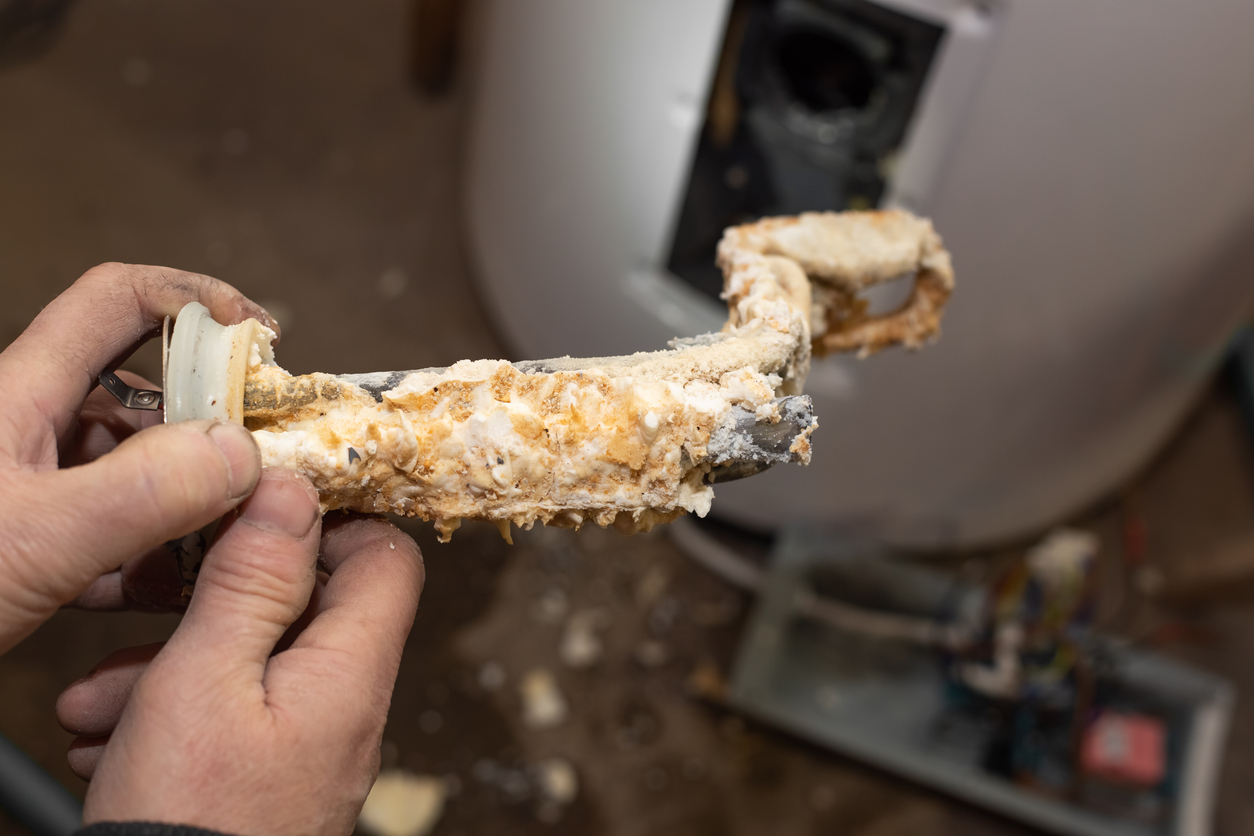
How to Determine Water Hardness & Treat Effectively
February 25, 2025
By Todd Jameson, Superior Water & Air
Water is crucial in your daily life, from cleaning and bathing to cooking and drinking. However, not all water is the same. Some homes have hard water that contains high levels of minerals like calcium or magnesium. Hard water can cause buildup in your plumbing. This makes cleaning more difficult and can even affect the feel of your skin and hair.
Do your home have hard water? Below, we’ll walk you through simple ways to test for water hardness. We’ll also look at common signs of hard water and the best treatment options to keep your water clean and efficient.
How to Test for Water Hardness
You don’t need a professional test to check for hard water. Simple at-home methods can give you a clear answer.
Home Testing Kits
Water hardness test kits use strips or solutions to measure mineral levels in grains per gallon (GPG) or parts per million (PPM). Just dip the strip in water and compare the color to the chart provided.
Soap and Lather Test
Hard water prevents soap from lathering well. To test:
- Fill a bottle halfway with tap water.
- Add a few drops of liquid soap (not detergent).
- Shake the bottle. Lots of suds? Your water is soft. Only a little lather? It’s hard.
Soap Test Limitations
This test gives a general idea but isn’t precise. Results vary based on the type of soap and other impurities in the water.
Signs You Have Hard Water
Hard water leaves visible traces and can affect your plumbing, appliances, and daily comfort.
Visual Indicators of Hard Water
- White residue on faucets and showerheads from mineral buildup
- Spots on dishes and glassware after washing
- Soap scum in sinks, tubs, and showers
- Stiff or faded laundry after repeated washes
Common Problems Caused by Hard Water
- Dry skin and hair due to mineral deposits
- Reduced soap and shampoo lather, requiring more product
- Clogged pipes and appliances from scale buildup
- Higher energy bills as appliances work harder with mineral deposits
Testing your water and considering treatment options prevents long-term damage if you notice these issues.
Treatment Options for Hard Water
Several treatment options prevent buildup and improve water quality if your home has hard water.
Installing a Water Softener
A water softener is the most effective way to remove hard minerals like calcium and magnesium. It uses an ion exchange process to replace these minerals with sodium or potassium. This process prevents buildup in pipes and improves soap efficiency.
Benefits:
- Reduces scale buildup in plumbing and appliances
- Enhances soap lather and cleaning effectiveness
- Keeps skin and hair soft
Reverse Osmosis System
A reverse osmosis (RO) system purifies drinking water by filtering out minerals and contaminants. It doesn’t soften all household water but improves water taste and quality.
Best for:
- Removing impurities from drinking water
- Improving taste and odor
- Providing mineral-free water for cooking
Using Water Conditioners
Water conditioners alter how hard minerals behave rather than removing them. They reduce scaling but don’t provide the same benefits as a softener.
Pros:
- Reduces mineral buildup in pipes
- Requires minimal maintenance
- No salt or chemicals needed
I Have Hard Water! What Should I Do?
- Test Your Water: Use a home kit or schedule a professional evaluation.
- Choose a Solution: Water softeners work best for whole-home treatment, and RO systems improve drinking water.
- Consult an Expert: A professional can recommend the best option for your needs.
The right system can protect your plumbing, improve cleaning efficiency, and help you enjoy softer water at home.
Preventing Future Hard Water Issues
Once you’ve treated for hard water, regular maintenance keeps your water quality high and prevents future buildup.
Regular Testing and Maintenance
Testing your water every 6-12 months ensures your softener or filtration system works properly. Signs that hardness levels are increasing include soap scum, mineral buildup, and reduced lathering. Regularly check and replace water softener salt or filters as needed.
Water Filtration Options for Long-Term Solutions
For continued protection, consider:
- Whole-House Water Softeners: Best for complete hard water removal.
- Reverse Osmosis (RO) systems: Improves drinking water quality.
- Water Conditioners: Reduces scaling without removing minerals.
Routine maintenance and the right filtration system keep your home free from hard water issues in the long run.
How is Hard Water Measured?
Water hardness is measured based on the concentration of calcium and magnesium in the water. Understanding these measurements determines the best treatment method.
Grains per Gallon (GPG) Explained
GPG is the most common way to measure water hardness. One grain equals about 17.1 milligrams of dissolved minerals per liter of water. Hardness levels are typically classified as:
- 0-3 GPG: Soft water
- 3-7 GPG: Moderately hard water
- 7-10 GPG: Hard water
- 10+ GPG: Very hard water
Most homes with 7 GPG or higher benefit from a water softener.
Parts per Million (PPM) vs. GPG
Another measurement is PPM (parts per million). This represents milligrams of minerals per liter of water. The conversion is simple: 1 GPG = 17.1 PPM.
- 0-60 PPM (0-3.5 GPG): Soft water
- 61-120 PPM (3.5-7 GPG): Moderately hard water
- 121-180 PPM (7-10.5 GPG): Hard water
- 180+ PPM (10.5+ GPG): Very hard water
Understanding these levels lets you determine whether a softener, conditioner, or filtration system is needed.
How to Treat Hard Water Effectively
Once you’ve identified hard water in your home, choose the right treatment method.
Softening Methods
A water softener is the most effective way to treat hard water. It removes calcium and magnesium through ion exchange, preventing mineral buildup, improving cleaning efficiency, and extending the lifespan of appliances.
Other treatment options include:
- Salt-Free Water Conditioners: Prevent scaling without removing minerals.
- Reverse Osmosis System: Purify drinking water by filtering out minerals and contaminants.
Choosing the right method depends on your water hardness level and household needs.
Enjoy Softer, Cleaner Water Today
Hard water causes buildup, dry skin, and inefficient cleaning. However, the right solution can make a big difference. Whether you choose a water softener, conditioner, or filtration system, treating hard water protects your plumbing, appliances, and daily comfort.
Are you ready for better water quality? Contact us today at Superior Water & Air for a water evaluation and expert recommendations. Investing in the right system today provders softer & cleaner water for your home and family.
Recent News
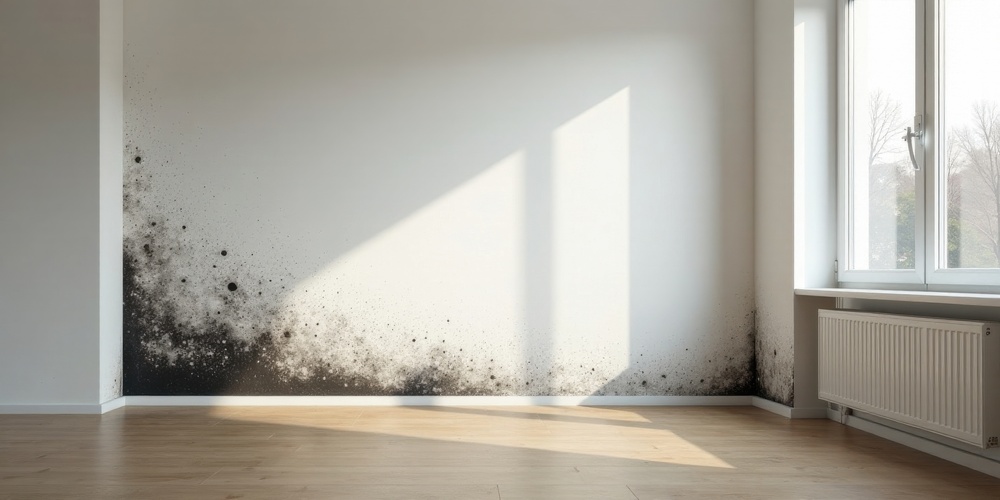
How to Prevent Mold in a Utah Home After Plumbing Repairs
September 11, 2025
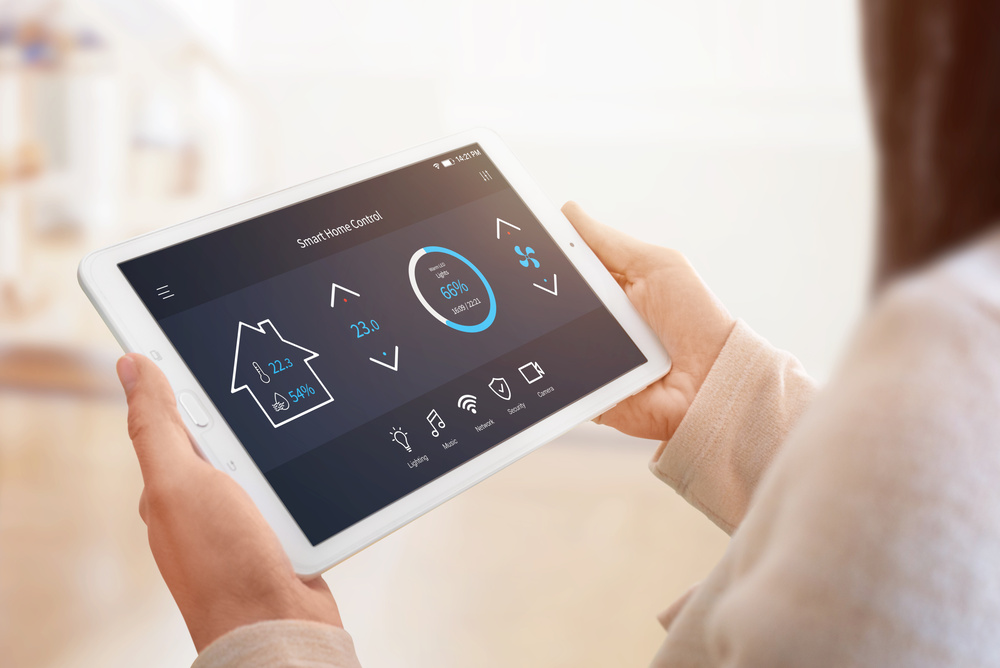
A Utah Homeowners’ Guide to Smart Thermostats
September 10, 2025
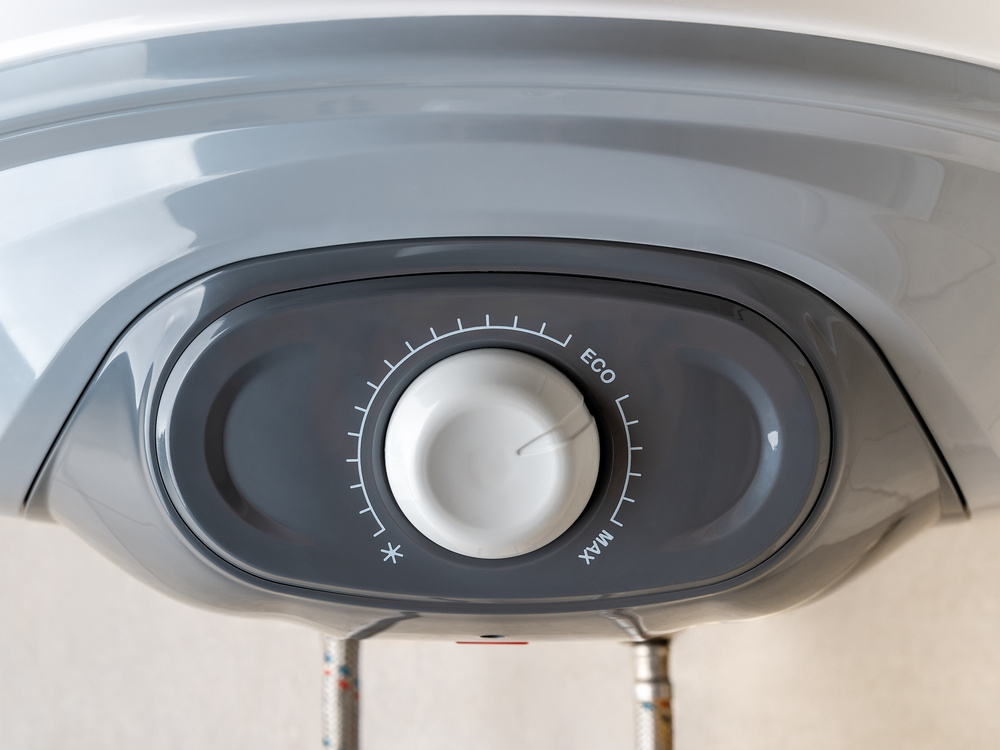
My Water Heater’s ECO Switch Keeps Tripping – What Does It Mean?
August 21, 2025

Calling a Contractor for HVAC Services Shouldn’t Be a Nightmare
August 20, 2025

7 Hidden Fittings That Make Your Plumbing Work
July 21, 2025
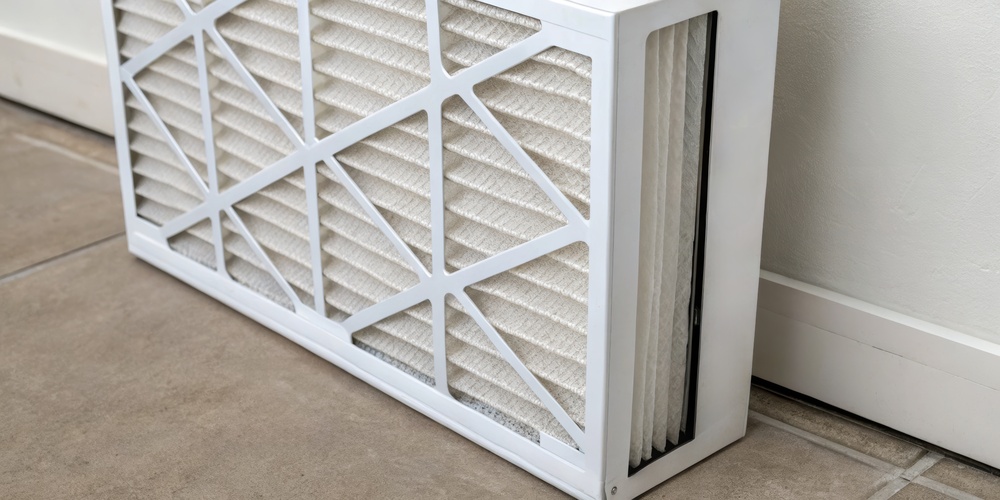
Never Underestimate the Value of Your Furnace and AC Filter
June 25, 2025
